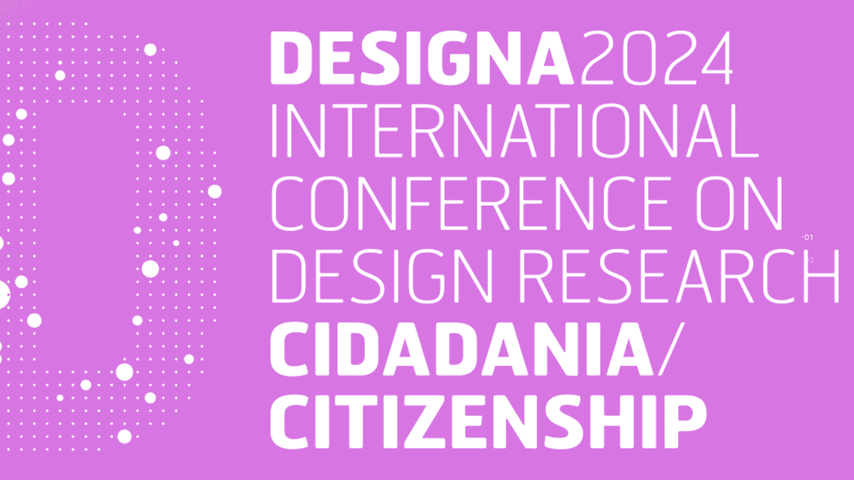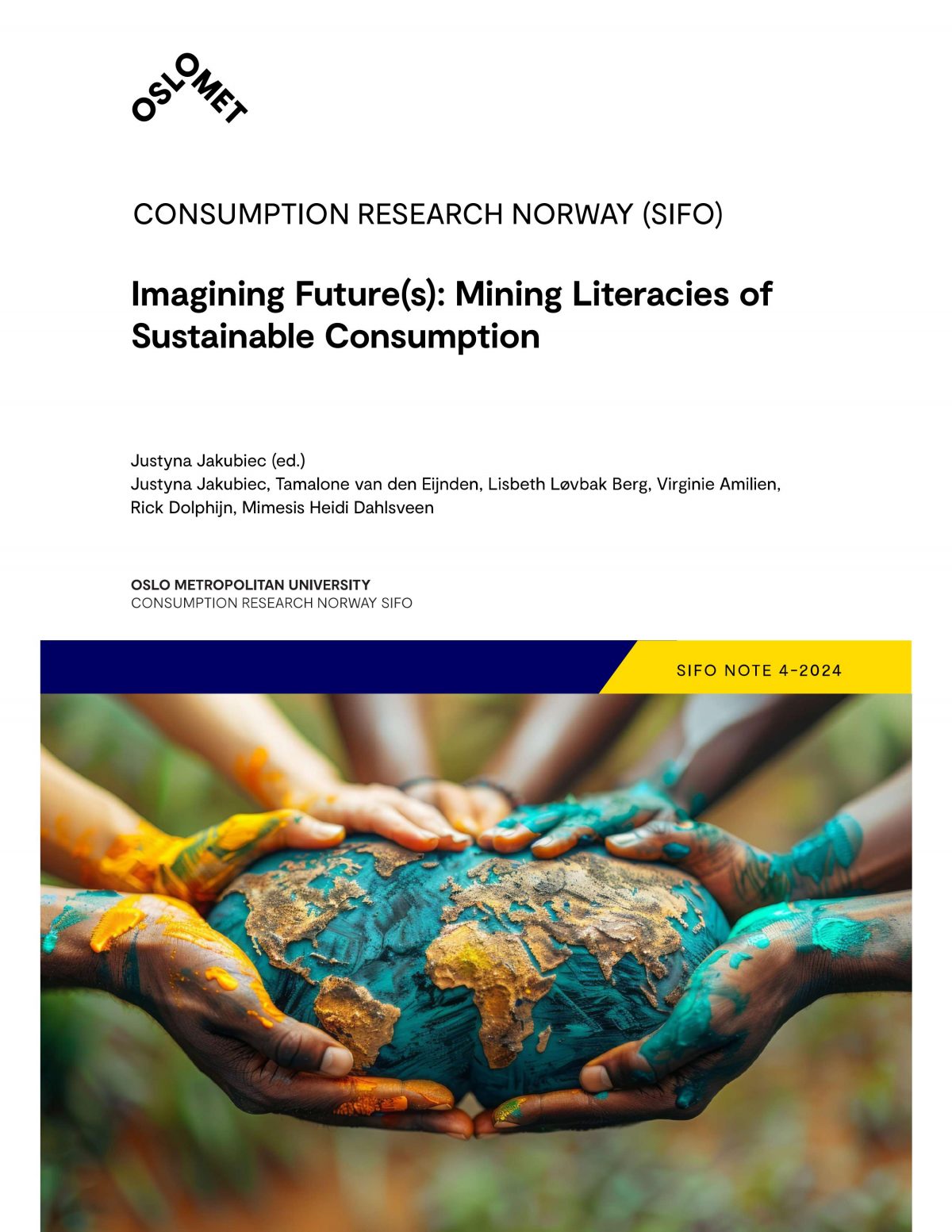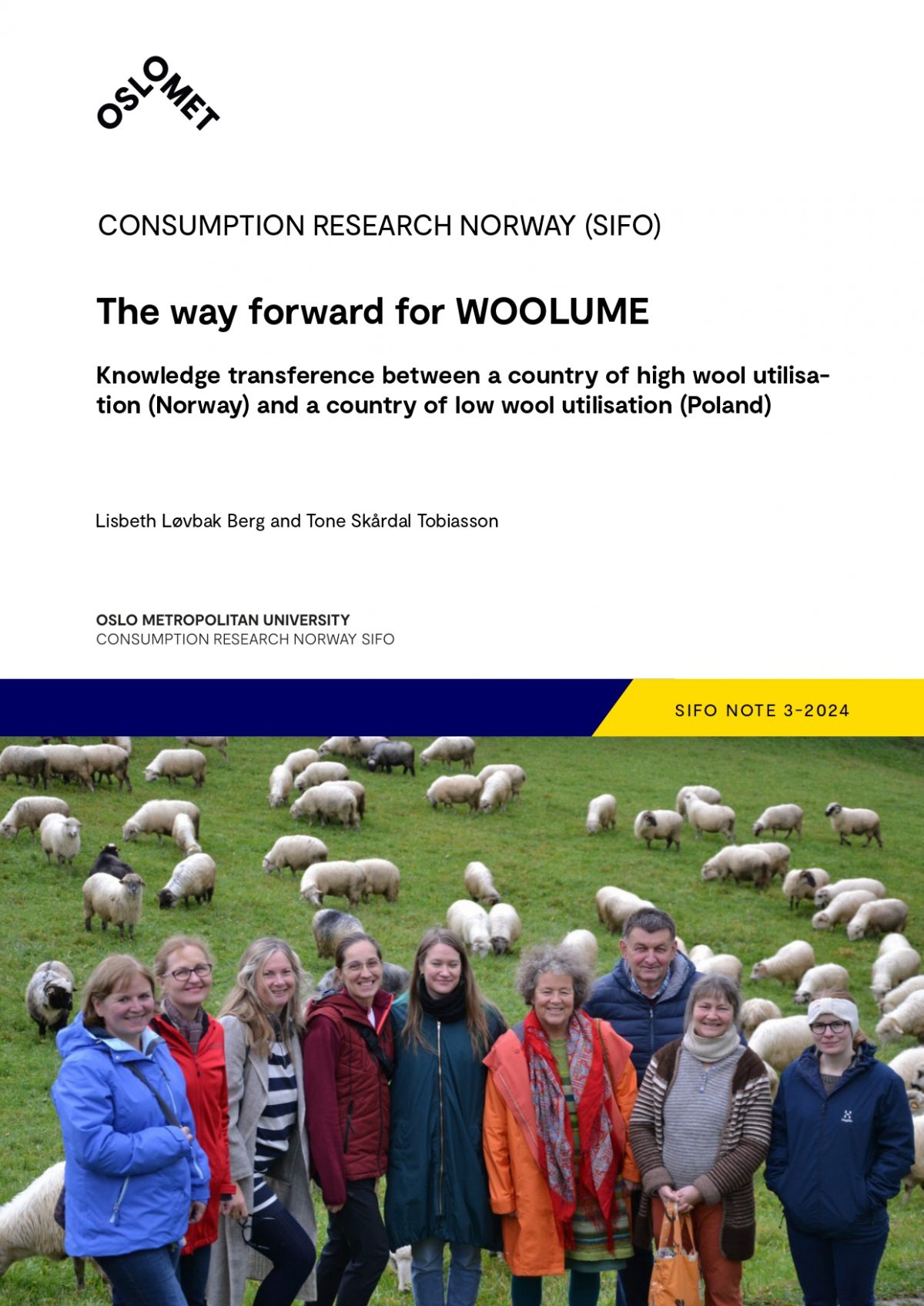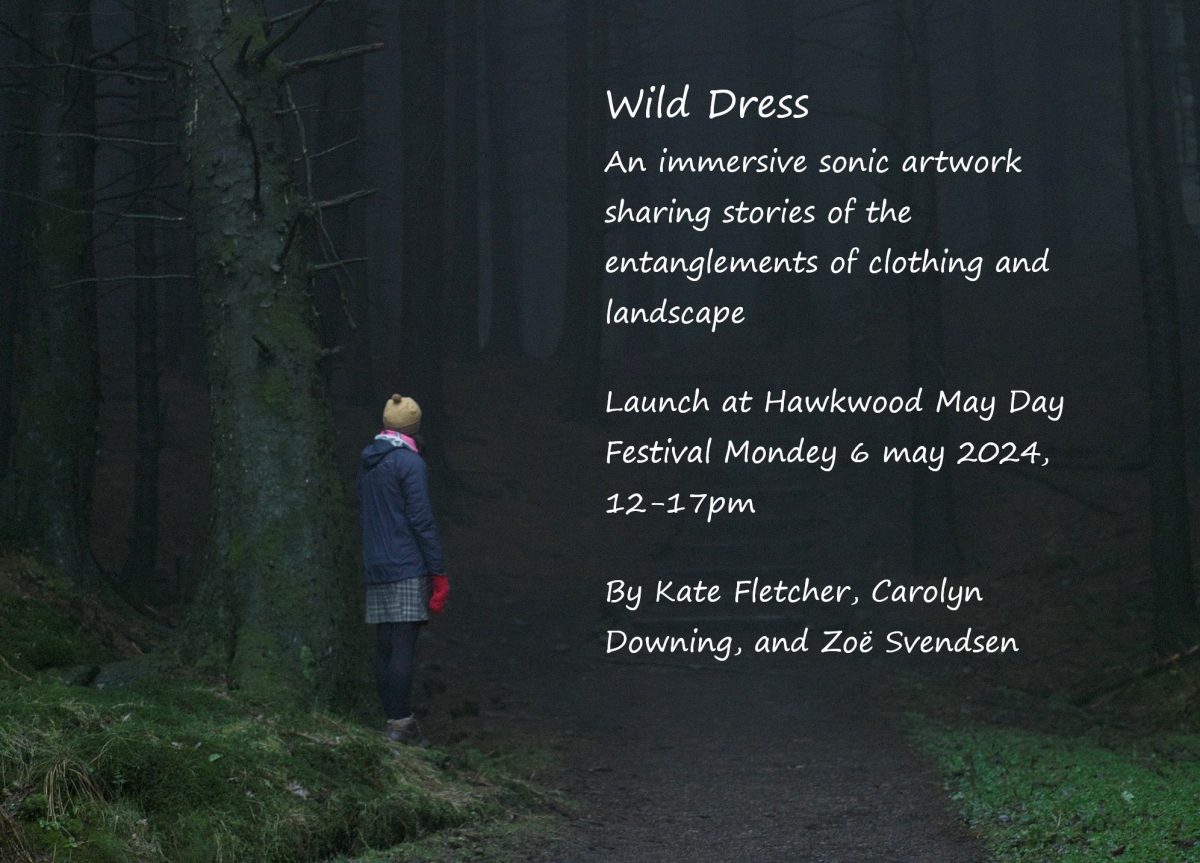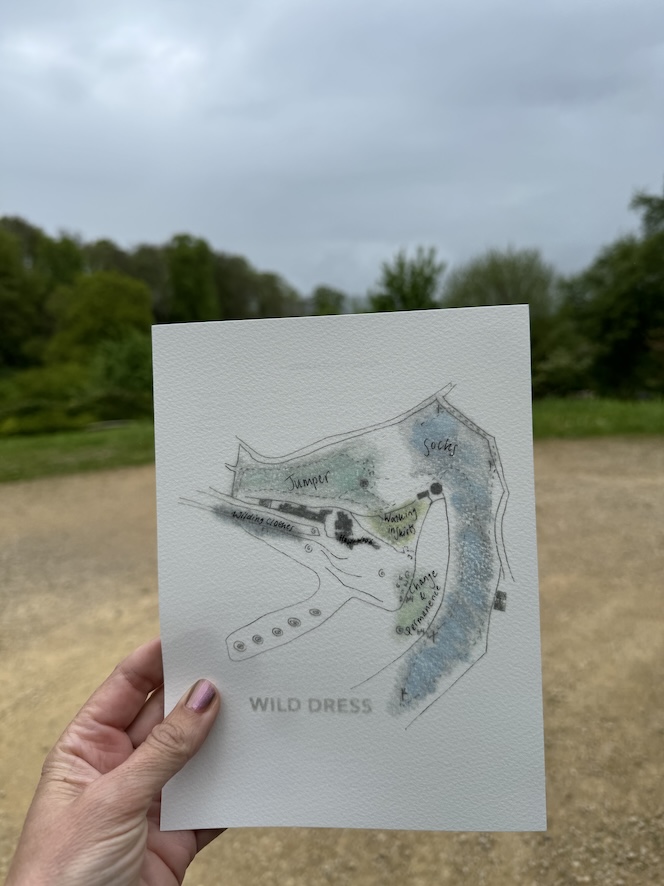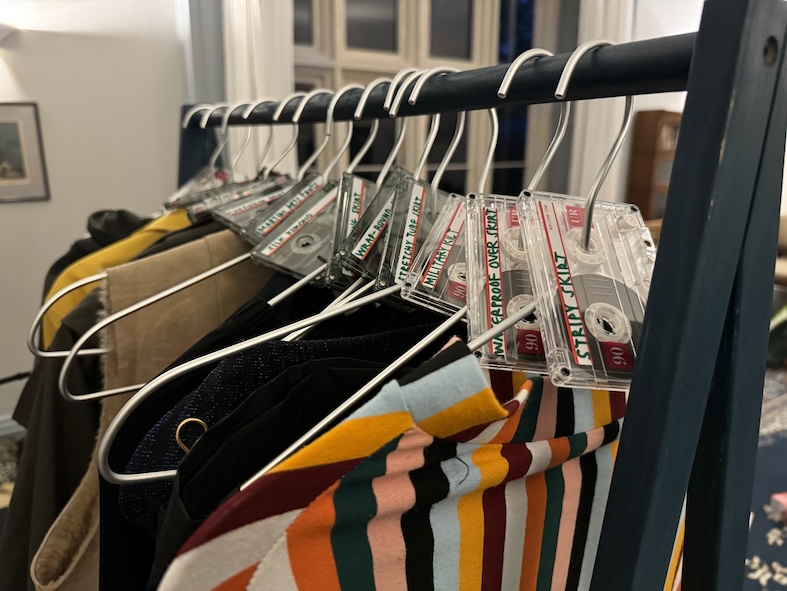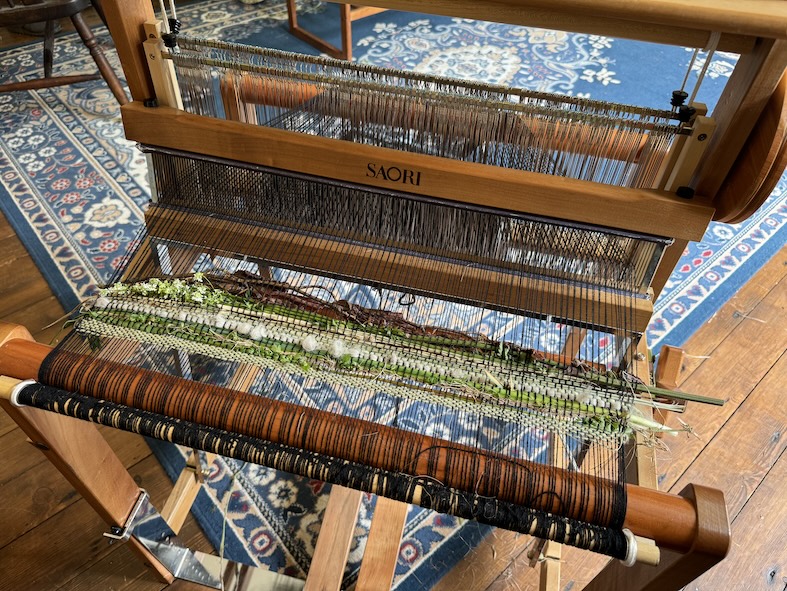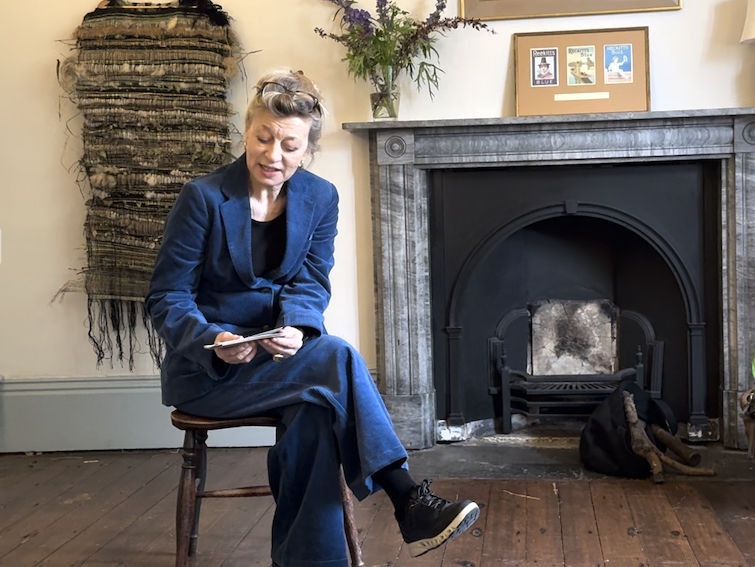DESIGNA — International Conference on Design Research
Clothing researchers Ingun Grimstad Klepp and Kate Fletcher will be part of opening the DESIGNA – CITIZENSHIP International Conference on Design Research in Covilhã Portugal the 24th and 25th October by presenting in the first plenary session at 10:30. Their talks are outlined below.
Multispecies citizens, clothing, design and nature – Professor Kate Fletcher
Ecological emergencies are intensifying to the point of earth system collapse. Fashion clothes and the systems that create them are deeply implicated in these emergencies. Garments are entangled with consumerist ideologies, with individualism, excess and wastefulness. They are also predicated – in the Modern West – on the notion that humans are separate from, and above, nature and that nature and its resources are for human’s unlimited use. Breaking with this approach, in this talk I will explore design themes and actions of nature relations, drawing on stories from my work with clothing. I will explore extending ideas of citizenship to include the greater-than-human world, the role of limits and direct sensory experience of the body in design.
Clothing consumers as citizens, and the role of design – Professor Ingun Grimstad Klepp
The image of consumers is far from the one of citizens, but all of us are both. In this paper I will explain how I as a consumer researcher understand the deep conflicts in this image and how it impacts the possibility of finding more sustainable solutions. As an guest in the design family I will explore the challenges at the border between consumer research and sustainable design and with that acknowledge both the great potential – and limitation of designing clothes for citizens
